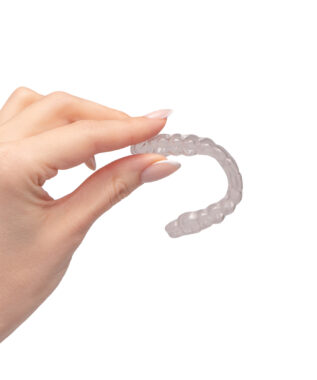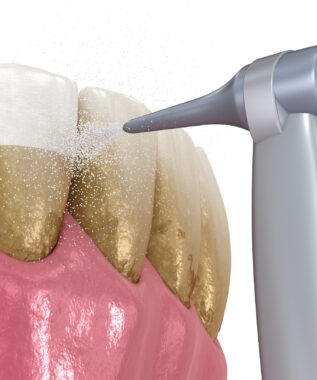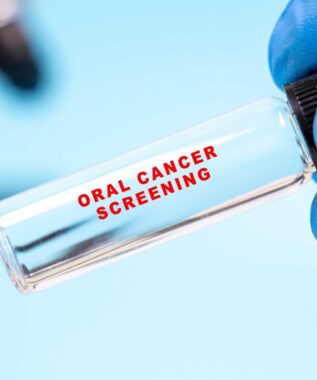 Being told that a tooth needs to be extracted can be surprising to many people. In most cases, extracting a tooth is a last resort, and people often expect that any dental issue they experience can be resolved and their tooth saved. However, the need for tooth extraction can arise for a number of different reasons, and not all of them are obvious until they’ve become serious. Today, we take a look at how tooth extraction may become necessary so you can improve your chances of avoiding it, or be better prepared if you already need it.
Being told that a tooth needs to be extracted can be surprising to many people. In most cases, extracting a tooth is a last resort, and people often expect that any dental issue they experience can be resolved and their tooth saved. However, the need for tooth extraction can arise for a number of different reasons, and not all of them are obvious until they’ve become serious. Today, we take a look at how tooth extraction may become necessary so you can improve your chances of avoiding it, or be better prepared if you already need it.
A seemingly minor problem gets worse
Some of the more frequent causes of tooth loss and the need for tooth extraction result from chronic oral health conditions that begin as more minor concerns. For example, extreme decay that erodes a majority of a tooth’s structure can require extracting the tooth to preserve the rest of your oral health. When tooth decay first develops, though, the cavity that results from it and the symptoms of the erosion can often be alleviated with conservative treatment such as a tooth filling or root canal therapy. Ignoring the decay allows it to progress further, and often more severely than it seems at first, and by the time you seek treatment for it, the tooth may already require extraction.
What extracting the tooth accomplishes
The point of extracting a tooth instead of trying to restore it is to eliminate the threat that it poses to your oral health as soon as possible, and to avoid any further complications. For instance, if you try and fail to treat a severely infected tooth, the infection within the tooth can become more severe in the meantime. This can increase the risks to your surrounding healthy tooth structure, as well as the oral tissues that support them. The tooth itself will still be lost or have to be extracted when the restoration fails, though you may also require further treatment due to additional oral health concerns.
What tooth extraction helps you avoid
The purpose and process of extracting a troublesome tooth can be different for everyone, and so can the consequences of allowing the tooth to remain long after it should have been extracted. In addition to severe tooth infection, other reasons for tooth extraction might include a severely damaged tooth, or one that’s become impacted behind other teeth. Extracting a tooth that requires it not only resolves the immediate problem, but helps you better preserve your oral health in the long-term, as well.
Learn if tooth extraction is necessary
Tooth extraction doesn’t usually become necessary out of the blue, and with proper care and maintenance, you may be able to avoid the need for it. To learn more, schedule an appointment with us by calling Dreem Dentistry in Leawood, KS, today at 913-681-5500.






